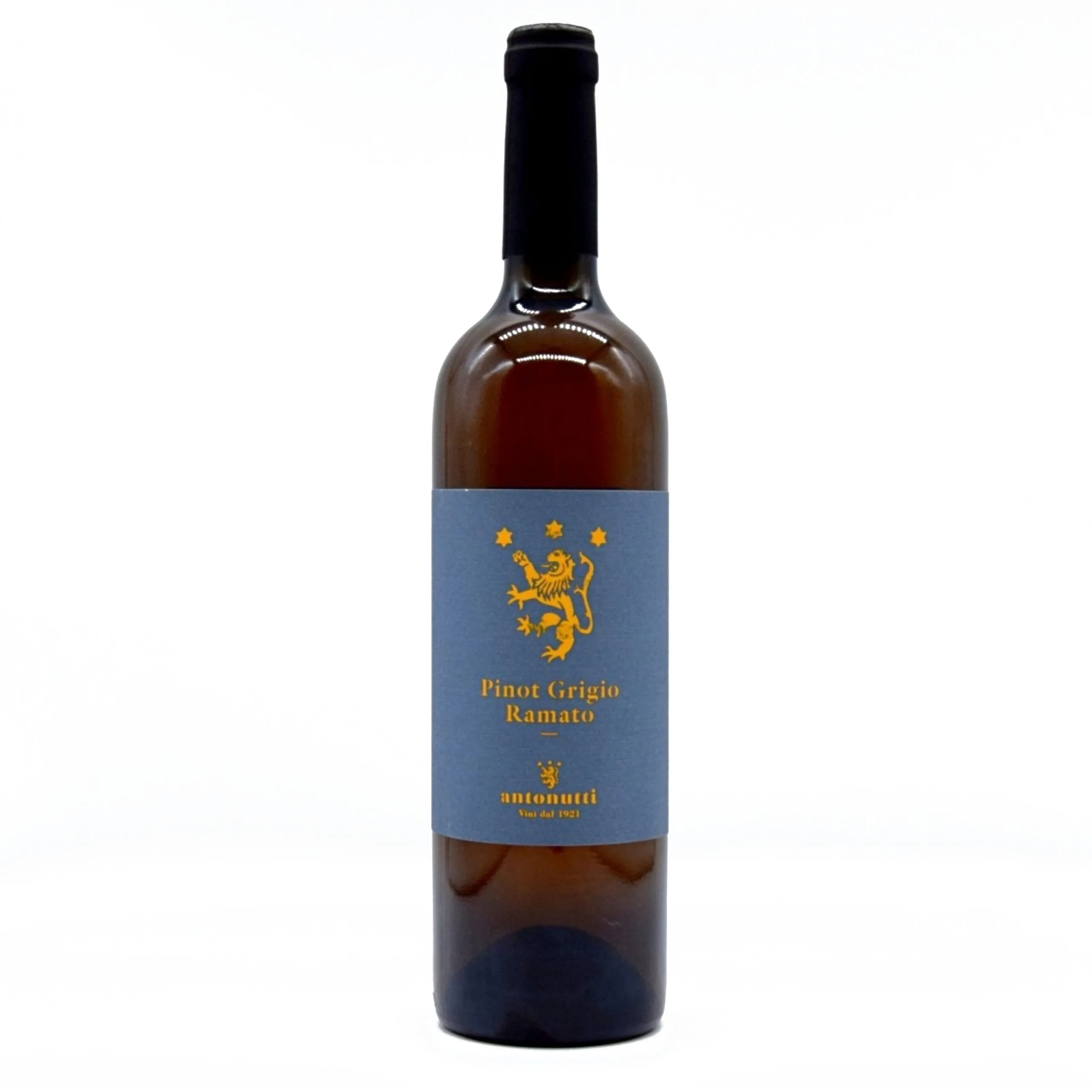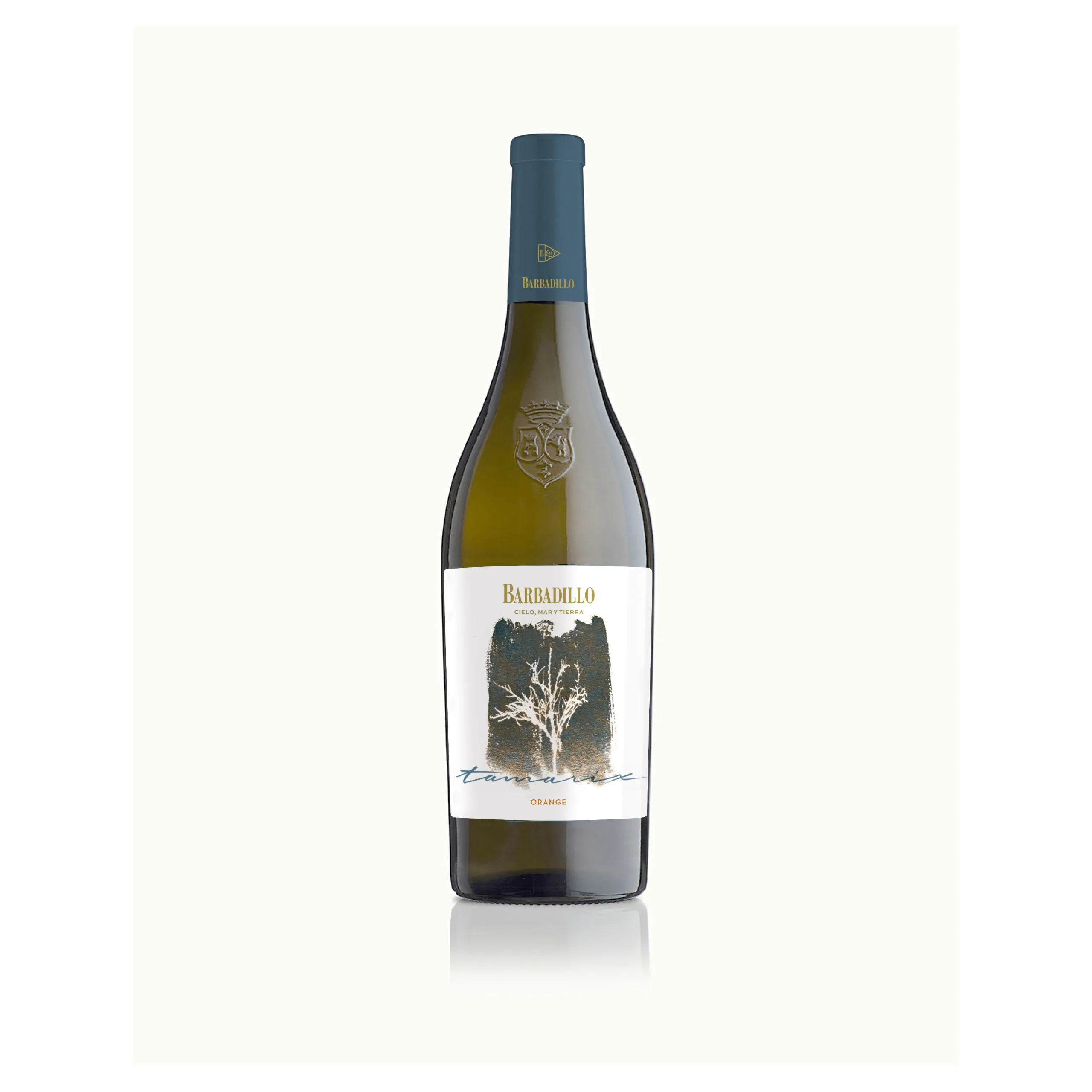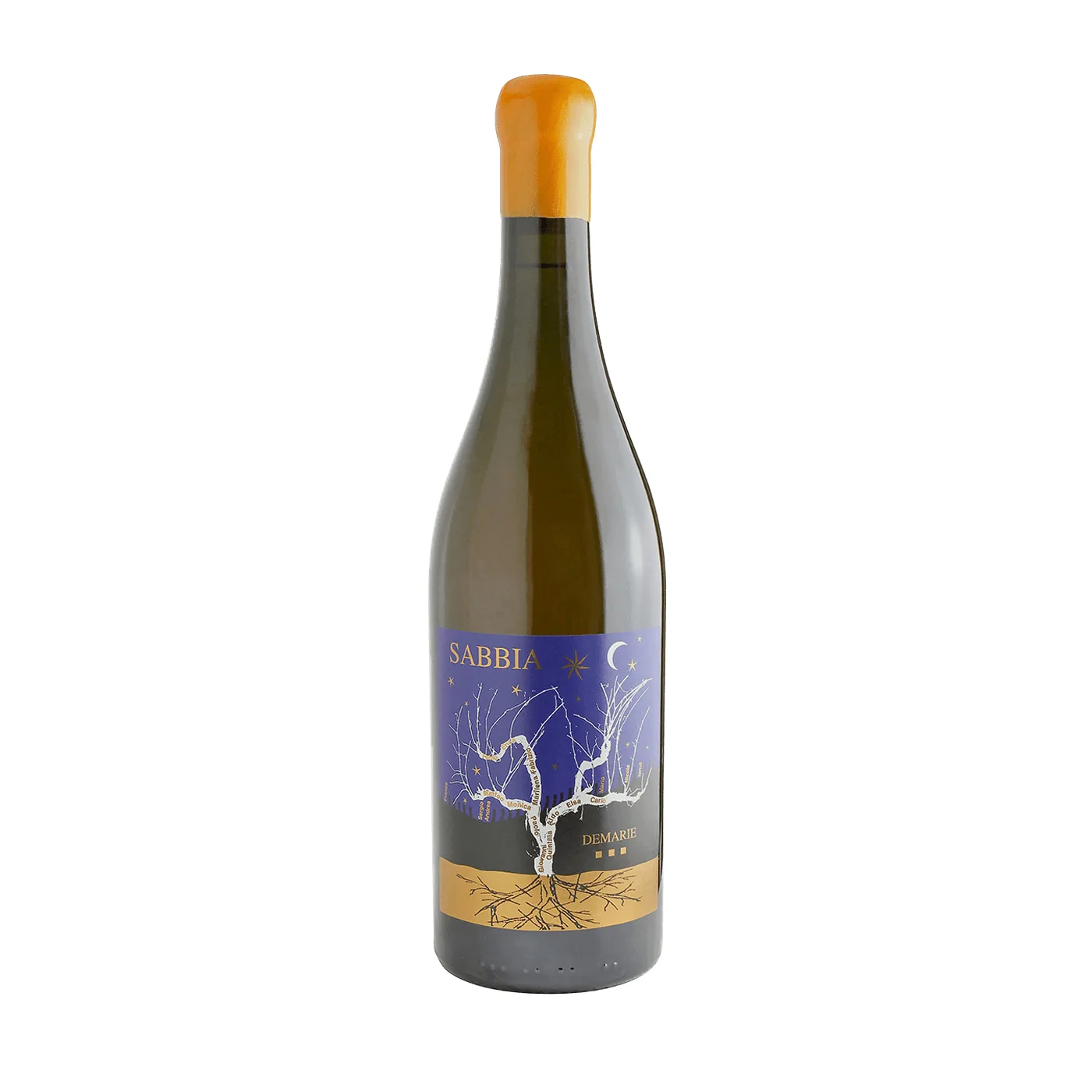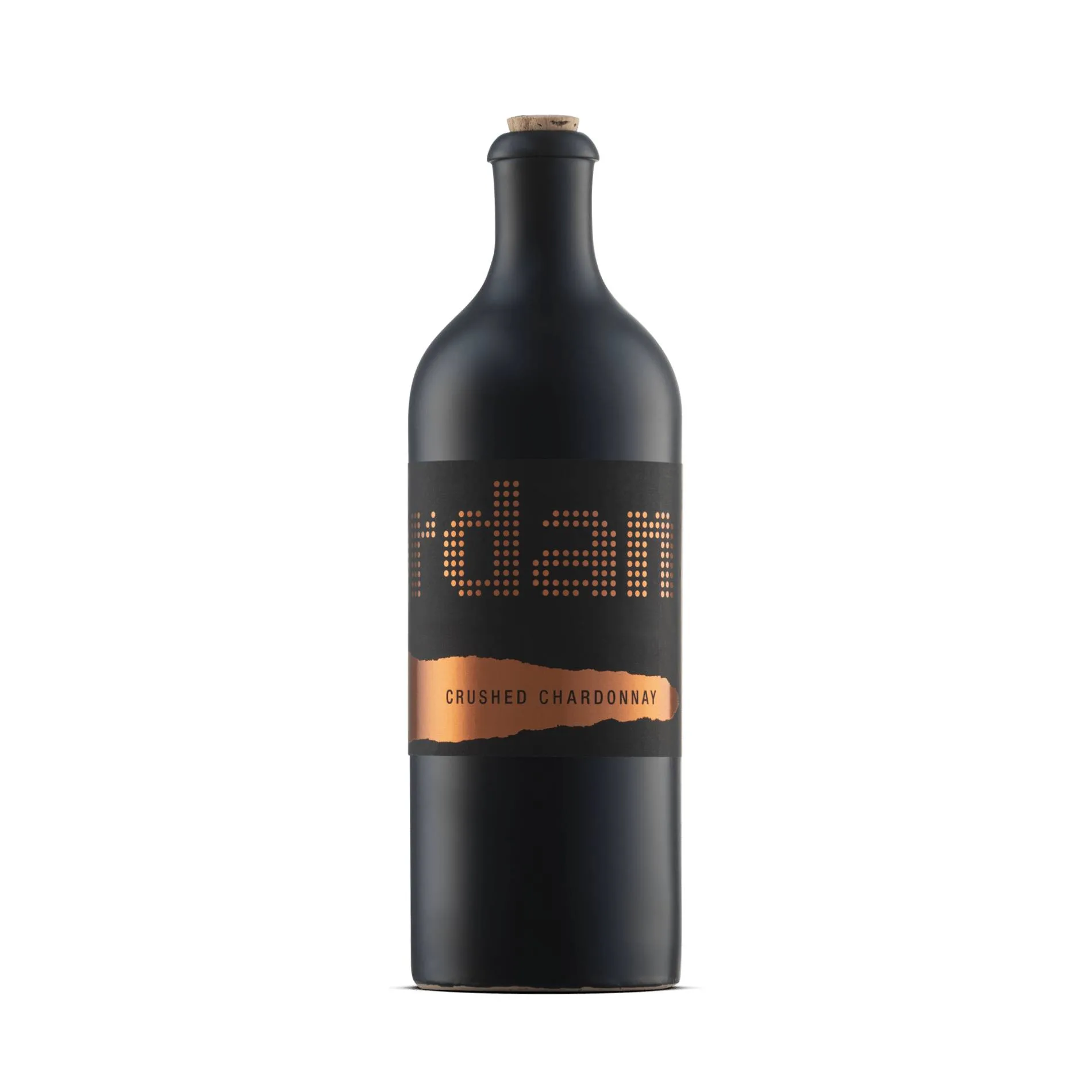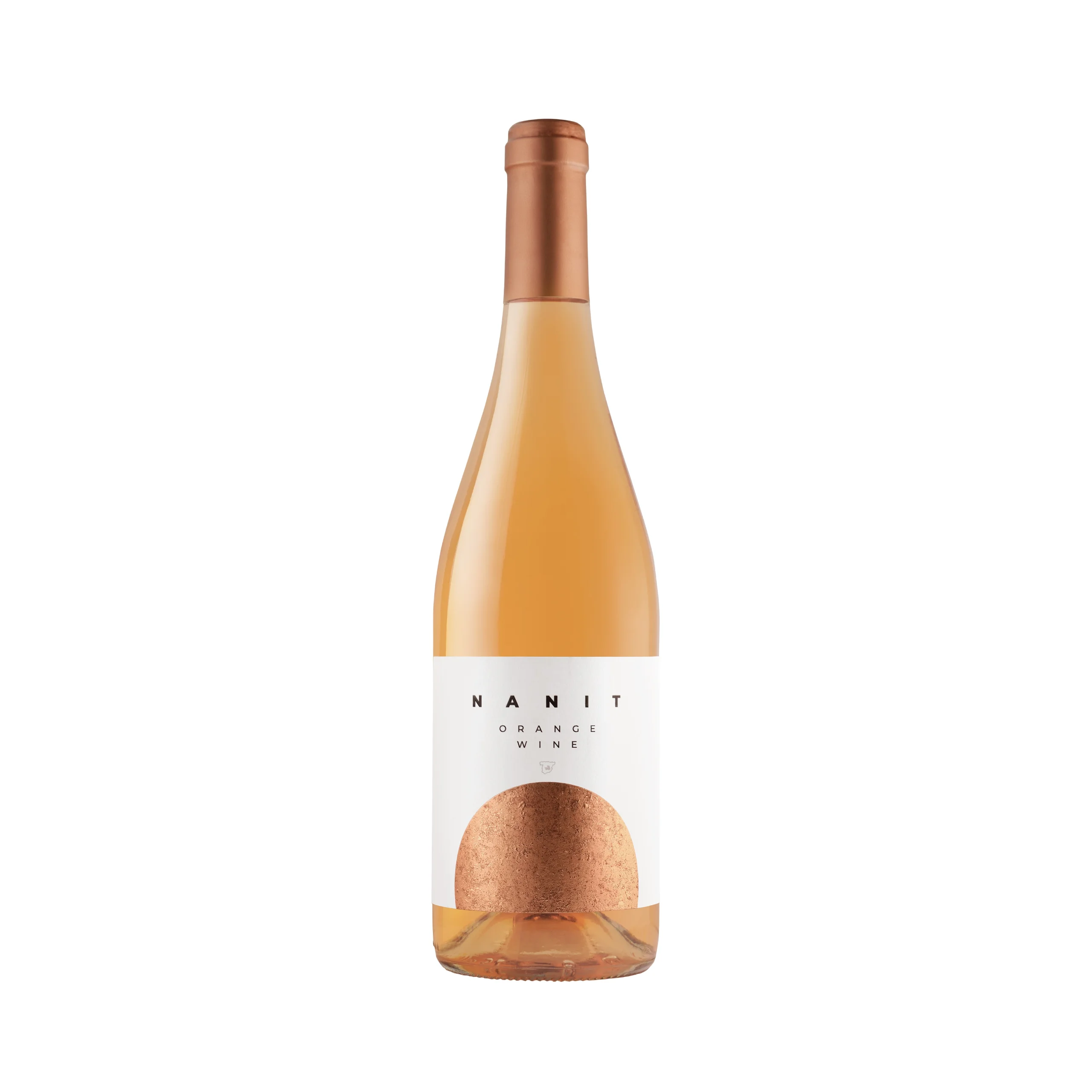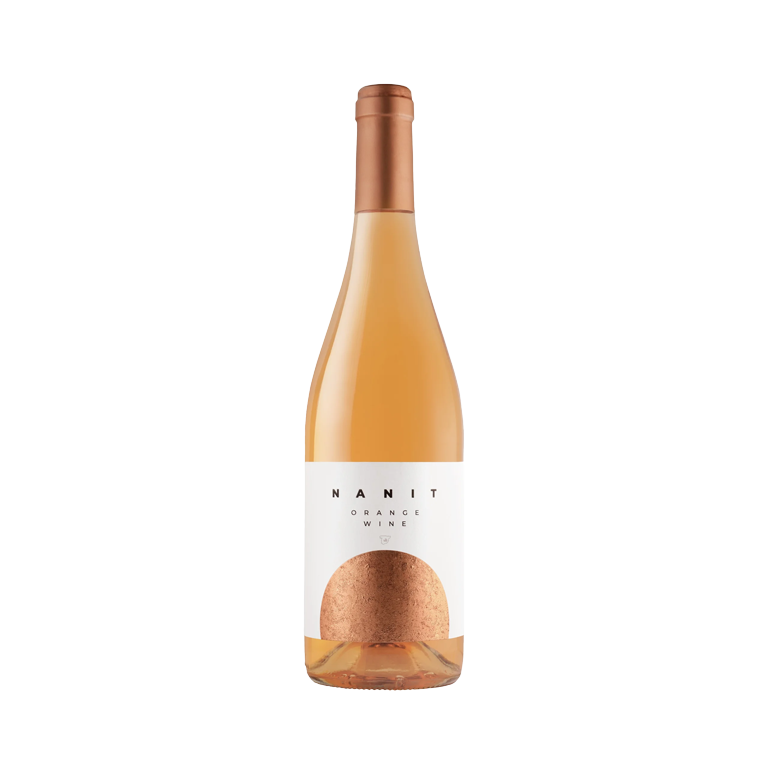
Orange wines, despite their name, are not made from oranges but are white wines made using ancient winemaking techniques that give them their distinctive hue. These wines are created by fermenting white grapes with their skins and seeds, much like red wines, which imparts a deeper color, ranging from golden amber to rusty orange. This skin-contact process also introduces tannins and a more robust flavor profile, making orange wines quite different from traditional white wines. They often have complex flavors, including notes of dried fruit, nuts, tea, honey, and herbs, with a slightly oxidative character that can be both intriguing and challenging to the palate.
Originating from regions like Georgia in Eastern Europe, where the tradition dates back thousands of years, orange wines have seen a resurgence in popularity among modern winemakers and adventurous wine drinkers. In Georgia, these wines are typically fermented in large clay vessels called qvevri, buried underground to maintain a stable temperature. This ancient method, combined with organic and biodynamic practices, has influenced winemakers worldwide, including those in Italy’s Friuli-Venezia Giulia and Slovenia, who are now renowned for their high-quality orange wines. These regions produce some of the most sought-after bottles, celebrated for their depth, texture, and distinctive aromatic profiles.
Pairing orange wines with food can be a delightful exploration. Their unique tannic structure and bold flavors make them versatile companions for a variety of dishes, from rich meats and hearty stews to spicy Asian cuisine and robust cheeses. They also work well with vegetarian dishes, especially those featuring earthy ingredients like mushrooms, squash, and root vegetables. Orange wines offer a bridge between the worlds of red and white wines, providing a sensory experience that challenges conventional wine categories and invites drinkers to explore new dimensions of taste and tradition.






